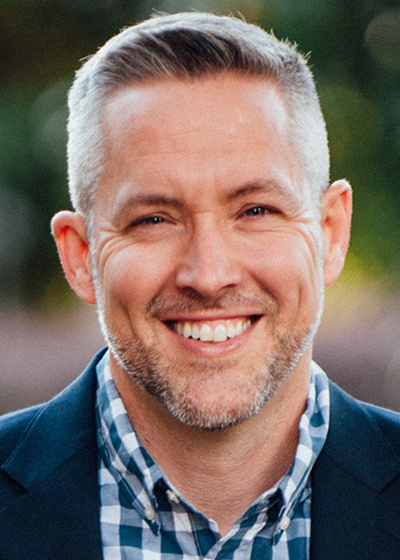
EDITOR’S NOTE: J.D. Greear is pastor of The Summit Church in Durham, N.C., and president of the Southern Baptist Convention.
DURHAM, N.C. (BP) — The past few years have been challenging for many Baptist churches. Across the Southern Baptist Convention as a whole, the number of baptisms we’ve seen has been steadily declining. And while there are some notable exceptions within the Convention — churches that are seeing people come to Christ and follow Him in baptism — we have to come to grips with the fact that something is awry. Those of us who own the “Baptist” label ought to see declining baptism numbers as a problem in urgent need of Gospel solutions. We need to ask some difficult, though faith-filled, questions.
I think the primary problems are spiritual: First, many of our churches have lost the urgency of the Gospel message. Many churches in the SBC have grown complacent and don’t have the same evangelistic drive that they used to. We need to recover that urgency, looking to churches that are growing and asking how we can learn from them (instead of complaining that God is moving there instead of here). Our goal as ministers should be to make it hard to go to hell from our cities. We want to say, as Charles Spurgeon did:
 “If sinners will be damned, at least let them leap to Hell over our bodies. And if they will perish, let them perish with our arms about their knees, imploring them to stay. If Hell must be filled, at least let it be filled in the teeth of our exertions, and let not one go there unwarned and unprayed for.”
“If sinners will be damned, at least let them leap to Hell over our bodies. And if they will perish, let them perish with our arms about their knees, imploring them to stay. If Hell must be filled, at least let it be filled in the teeth of our exertions, and let not one go there unwarned and unprayed for.”
Second, we are no longer known as a people of prayer. Prayerlessness is a sign that either we believe we no longer need God, or that we no longer believe He is ready to move as He promised. Jonathan Edwards, who got to experience the Great Awakening, the largest revival our country has yet seen, knew how central prayer must be in all that we do. As he said, “Prayer doesn’t bring the revival; prayer is the revival.”
Third, we are not raising up enough leaders to lead in Gospel ministry both inside the church (pastoral ministry) and outside the church (in the community). At its core, that is a deep discipleship issue in the SBC.
Finally, many churches are too tied to their cultural preferences and ways of doing things to keep up with what the Spirit of God is doing in a new generation. In many cases, we have simply failed to adapt with our culture. Some churches have simply lacked the leadership in doing so; others have entrenched themselves into old forms at the expense of reaching their communities. Some seem to care more about preserving their traditions than converting their grandchildren. And that’s tragic, when you think about all that God did in those churches in previous generations. I’ve heard it said, sadly, that the biggest enemies of what God wants to do next can sometimes be those with a front row seat for what He did last.
On the other side of that issue, however, are some “newer” churches that have abandoned the power of the simple Gospel for modern fads and church growth gimmicks. What grows the church in any age does not change: deep belief in the Gospel, commitment to the authority of Scripture, deep commitment to prayer, and a willingness to do whatever it takes to win the lost.
I truly believe that the best days for the SBC are yet ahead of us. They have to be! There are still over 6,000 unreached people groups in the world, and history cannot end until they have been given a Gospel witness. As I often say at the Summit, “past graces” are evidences that God wants to bestow future graces. God has been incredibly gracious to our Convention. Why would the Holy Spirit have done that if it were not to give us an unprecedented effectiveness among our neighbors, in our nation, and around the world
God does what He does not to preserve institutions, but for the sake of the Great Commission. It’s all about the mission of seeking and saving the lost. I look forward to how the Holy Spirit leads us in that in the days to come.
I know that if we cling to Christ, we can look forward to the future with hope, knowing that the best is yet to come.

















